Science. It’s everywhere, whether we’re aware of it or not. From the way your smartphone works to the reason the sky is blue, science is the invisible hand shaping our world. But here’s the thing — science isn’t just about equations and lab coats; it’s about curiosity, discovery, and trying to understand the hows and whys of life itself.
So, let’s talk about science in a way that’s a little less intimidating and a lot more fun. Whether you’re a die-hard science enthusiast or someone who’s just curious about the world, science has something for everyone.
🔬 What is Science Anyway?
At its core, science is about exploration and understanding. It’s the study of everything — from the tiniest atoms to the vastness of the universe. Science answers questions that have been buzzing in our heads for centuries, like: “Why does it rain?” “What are stars made of?” and “How does Wi-Fi even work?”
But science is also about questions. It starts with asking “what,” “how,” and “why” and then uses experiments, observations, and data to piece together the answers. It’s a never-ending quest for knowledge, and every answer often leads to more questions. And let’s be honest, that’s part of the fun, right?
🌍 The Many Branches of Science
Science isn’t a one-size-fits-all thing. There are tons of branches, each exploring different aspects of the world around us. Let’s take a quick tour of some of the most exciting fields that make science so interesting.
1. Physics: The Science of Matter and Energy
Physics is like the rulebook of the universe. It tells us how everything from the tiniest particle to the largest galaxy behaves. Ever wondered why the planets move the way they do or how your microwave works? That’s physics at play.
One of the coolest things about physics is that it’s about understanding the fundamental forces of nature — gravity, electromagnetism, and even the mysterious force known as dark energy. Without physics, there would be no electricity, no phones, and no rocket launches. It’s the behind-the-scenes science that keeps everything ticking.
2. Chemistry: The Science of Reactions
Chemistry is all about matter — how substances interact, combine, and change. Ever watched a fizzy drink bubble or seen a car rust in the rain? Chemistry explains those changes. It’s the science that looks at atoms and molecules and how they behave, bond, and break apart.
Chemistry isn’t just about explosions in labs (although those are fun). It’s also in everyday stuff, like cooking, cleaning, and even breathing. The next time you add salt to a pot of boiling water or mix chemicals in a science experiment, just remember: chemistry is making it all happen.
3. Biology: The Science of Life
If you’re curious about living things, biology is the branch of science for you. From the tiniest bacterium to the largest whale, biology covers the study of life and living organisms. Why do we get sick? How do plants grow? What’s the deal with our DNA?
Biology is the science that connects us to all living things. It helps us understand our bodies, ecosystems, and even the tiniest microorganisms that live around us. It’s the field that gives us insight into everything from human evolution to how bees pollinate flowers.
4. Astronomy: The Science of the Universe
Astronomy is the branch of science that looks at space. From stars to black holes, planets to galaxies, astronomy explores everything outside of Earth. If you’ve ever stared at the night sky and wondered what’s out there, you’ve dipped your toes into the world of astronomy.
What makes astronomy so exciting is that it’s about discovery. New stars are born, planets are discovered, and mysteries like dark matter and the origins of the universe keep scientists on their toes. The universe is vast, and astronomy is the key to unlocking its secrets.
🚀 Science in Everyday Life
You might be thinking, “Okay, science is cool and all, but how does it affect me?” Well, here’s the thing — science is in everything. Literally everything.
1. Technology and Gadgets
Every time you pick up your phone, browse the internet, or use a GPS, you’re relying on science. From the microchips inside smartphones to the algorithms that predict what you’ll want to watch next on Netflix, science is the invisible engine driving technology. Thanks to the field of computer science, we live in an age where information is just a click away.
2. Medicine and Health
Science plays a huge role in how we stay healthy. From vaccines that protect us from diseases to the treatments that help people live longer, science is constantly improving healthcare. You’ve probably heard of DNA and genetics, and that’s biology in action. Medical science is evolving rapidly, helping doctors diagnose and treat conditions more effectively than ever before.
3. The Environment
Our understanding of the environment and climate change is rooted in science. Environmental science looks at how human activity affects the planet, and it’s crucial for finding sustainable solutions to the problems we face — from pollution to deforestation to the impact of rising global temperatures.
🧠 The Scientific Method: How Science Works
While science is full of discoveries, the process of getting there is just as important. The scientific method is the foundation of all scientific research. It’s the set of steps scientists follow to explore questions and test hypotheses.
1. Ask a Question
It all starts with curiosity. You see something weird or interesting and wonder, “Why is this happening?”
2. Do Background Research
Once the question is in your mind, it’s time to dig in. Scientists look at existing research to see what’s already known.
3. Form a Hypothesis
A hypothesis is like an educated guess. It’s your best guess at what the answer might be.
4. Test the Hypothesis
Now comes the fun part: experimentation. Scientists design experiments to test their hypotheses and gather data. This is where you might need test tubes, microscopes, or even massive particle accelerators.
5. Analyze the Results
Once the experiment is complete, scientists analyze the data to see if it supports the hypothesis.
6. Conclusion
Based on the results, scientists form a conclusion. If the hypothesis is correct, great! If not, that’s okay too — because the scientific method is a process of learning, adjusting, and trying again.
⚡ The Future of Science
Science is constantly evolving. With every new discovery, we push the boundaries of what we know and open up new possibilities for the future. There are some seriously exciting things on the horizon:
1. Space Exploration
We’re already sending humans to the Moon and beyond with missions like NASA’s Artemis program and SpaceX’s Mars goals. The next frontier? Colonizing other planets and exploring deeper into the cosmos.
2. Artificial Intelligence
Artificial intelligence (AI) is changing everything from healthcare to transportation. Imagine machines that can learn, adapt, and help solve complex problems. It’s a game-changer, and we’re just scratching the surface.
3. Biotechnology
The field of biotechnology holds the key to solving some of the world’s most pressing problems, like food shortages, disease prevention, and aging. CRISPR gene-editing technology, for example, has the potential to eliminate genetic disorders and revolutionize medicine.
4. Clean Energy
As the world faces climate change, the push for renewable energy sources is more important than ever. Scientists are developing new technologies to harness the power of wind, solar, and even algae to provide sustainable energy.
💡 Final Thoughts: Embrace the Wonder of Science
Science is everywhere, all around us, constantly shaping and influencing our lives. From the gadgets we use to the way we understand the world, science is the key to unlocking new possibilities. It’s not just about numbers and formulas; it’s about curiosity, creativity, and the drive to understand the world — and the universe — we live in.
So next time you pick up your phone, gaze at the stars, or even just wonder why the sky is blue, remember: science is at work. And who knows? Maybe one day, you’ll be the one making the next big discovery.
































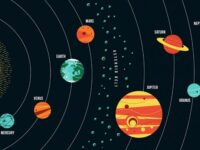







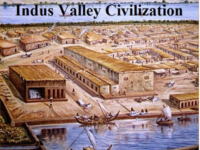






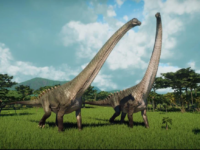














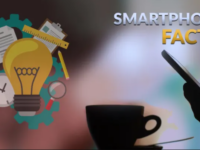









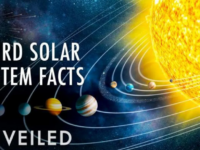









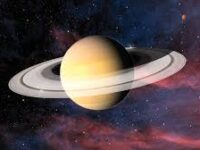





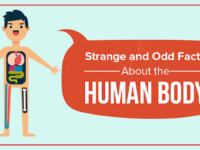



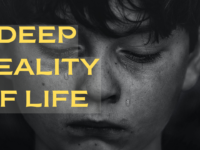



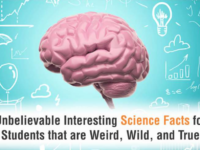
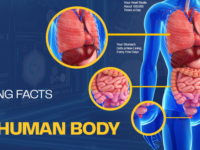





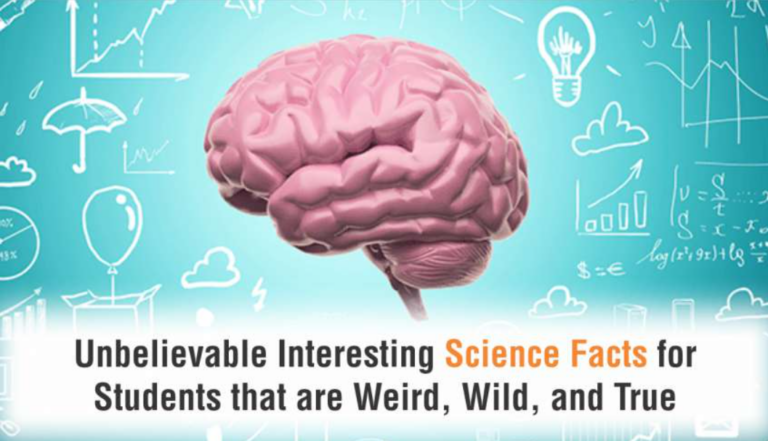
0 Comments